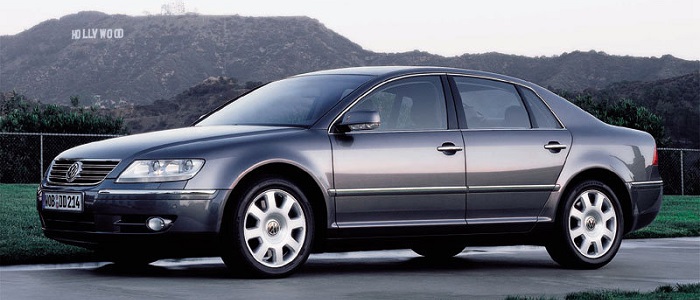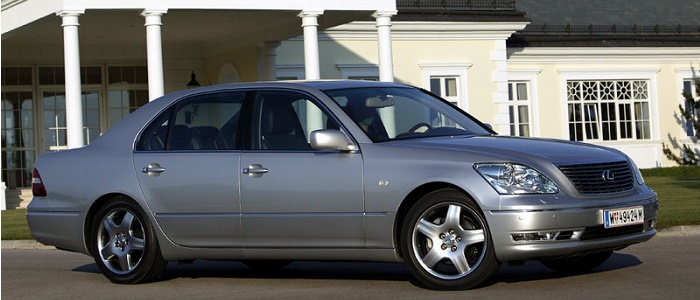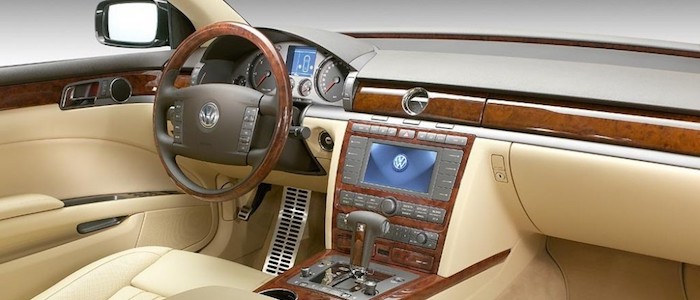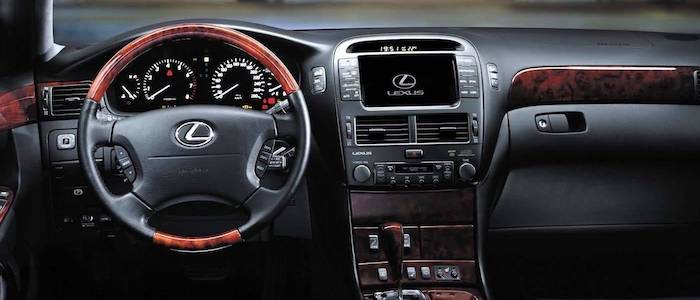Compare two cars
Compare any two cars and get our Virtual Adviser™ opinion
Dimensons & Outlines
Engine
Performance (manual gearbox)
Performance (automatic gearbox)
Expenses
Virtual Adviser's™ opinion
Two significantly similar cars, no doubt about that. Still, each one has something different to offer. Having both cars powered by petrol engines and utilizing the 4-door sedan body style within the same 'Executive car' segment, the only major difference here really is their wheel drive configuration (front for the Volkswagen and rear in the case of the Lexus). The first one has a Volkswagen-engineered powertrain under the hood, a 6-cylinder, 24-valves 241hp unit, while the other one gets its power and torque from a 8-cylinder, 32-valves 285hp engine designed by Toyota.
SafetyUnfortunatelly, neither of the two vehicles was submitted to the European New Car Assessment Programme (Euro NCAP) testing. This makes it virtually impossible for me to pick one over the other and I'm generally against buying such cars as the safety should really always come first. Moving further on, let's take a closer look at some additional safety-related facts. Both vehicles belong to the executive car segment, which is generally a fortune safety-wise, but it doesn't do much to help us decide between the two. Furthermore, when it comes to weight, a factor that most people underestimate, the German car offers a marginal difference of 9% more metal.
ReliabilityManufacturers have been building their reliability reputation for decades now and, generally speaking, it appears that Lexus does have a slight advantage, at least on all of the models level. These are the official statistics, while our visitors describe reliability of Volkswagen with an average rating of 4.2, and models under the Lexus badge with 4.9 out of 5. Unfortunatelly, I don't have enough insight that would allow me to comment in more details on the specific models level. That apart, owners of different cars powered by the same engine as the German car rank it on average as 4.5, while the one under the competitor's bonnet gets 5.0 out of 5.
Performance & Fuel economyLexus is undoubtly more agile, reaching 100km/h in 2.1 seconds less than its competitor. In addition to that it accelerates all the way to 250 kilometers per hour, 5km/h more than the other car. When it comes to fuel economy things look pretty much the same for both cars, averaging around 11.4 liters of fuel per 100 kilometers (25 mpg), in combined cycle.
Verdict
Lexus appears just a bit more reliable, although the difference is truly marginal. The most important thing when deciding between any two vehicles should always be safety, both passive and active. In my opinion, everything taken into account, the German car offers slightly better overall protection and takes the lead. From there things take a different direction, with Lexus outracing its opponent in any situation possible, making it better choice for boy racers. Fuel consumption is more or less the same. I believe that, when we take all into account, we have only one winner here - the Lexus. Nevertheless, let's not forget that people have different preferences and needs, so what really counts is your personal feel. I'm only here to help. In case you have two minutes to spare I invite you to define your needs, desires and budget and see which car would be chosen by the virtual adviser™, among more than 12.000 different ones in our database.
































